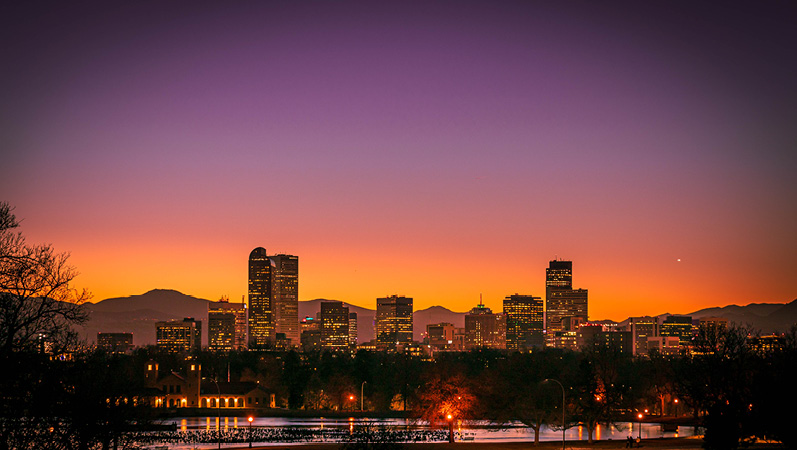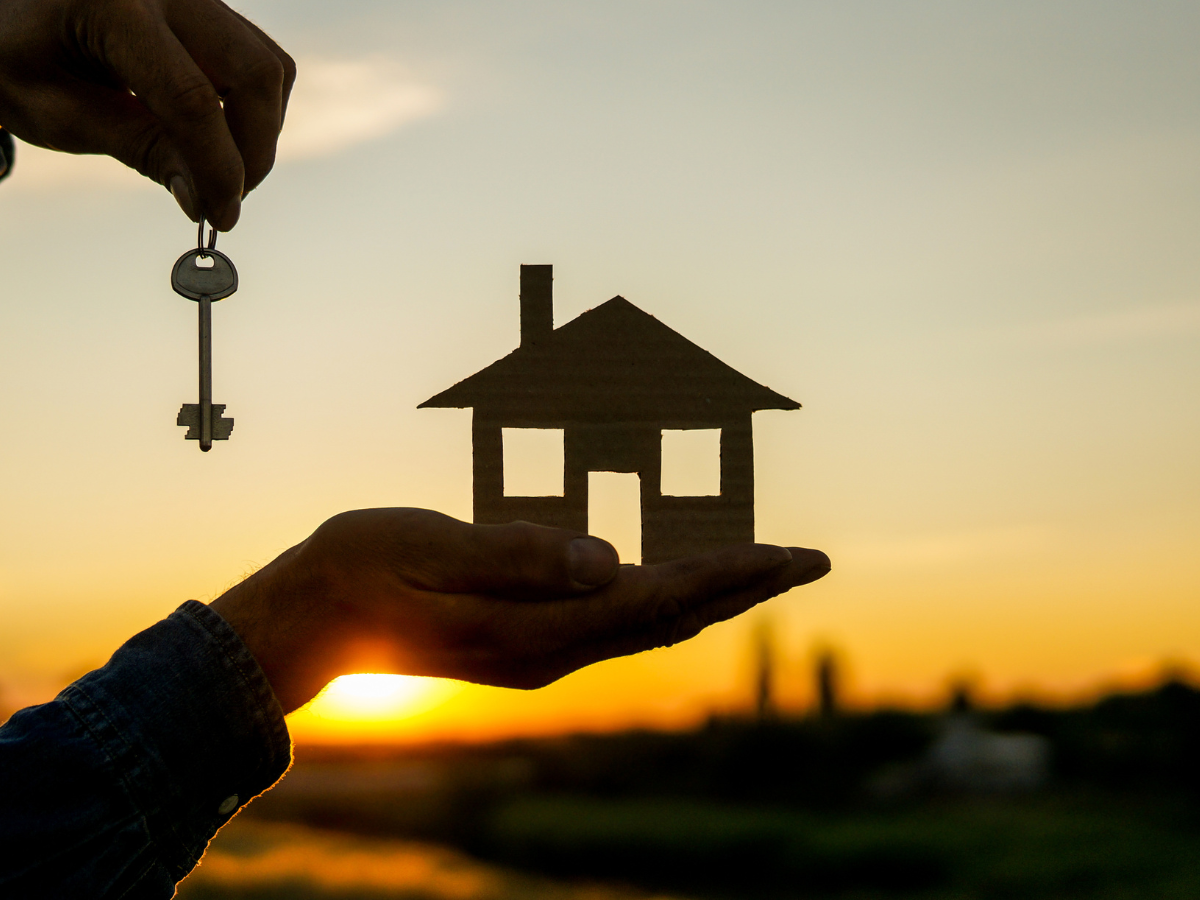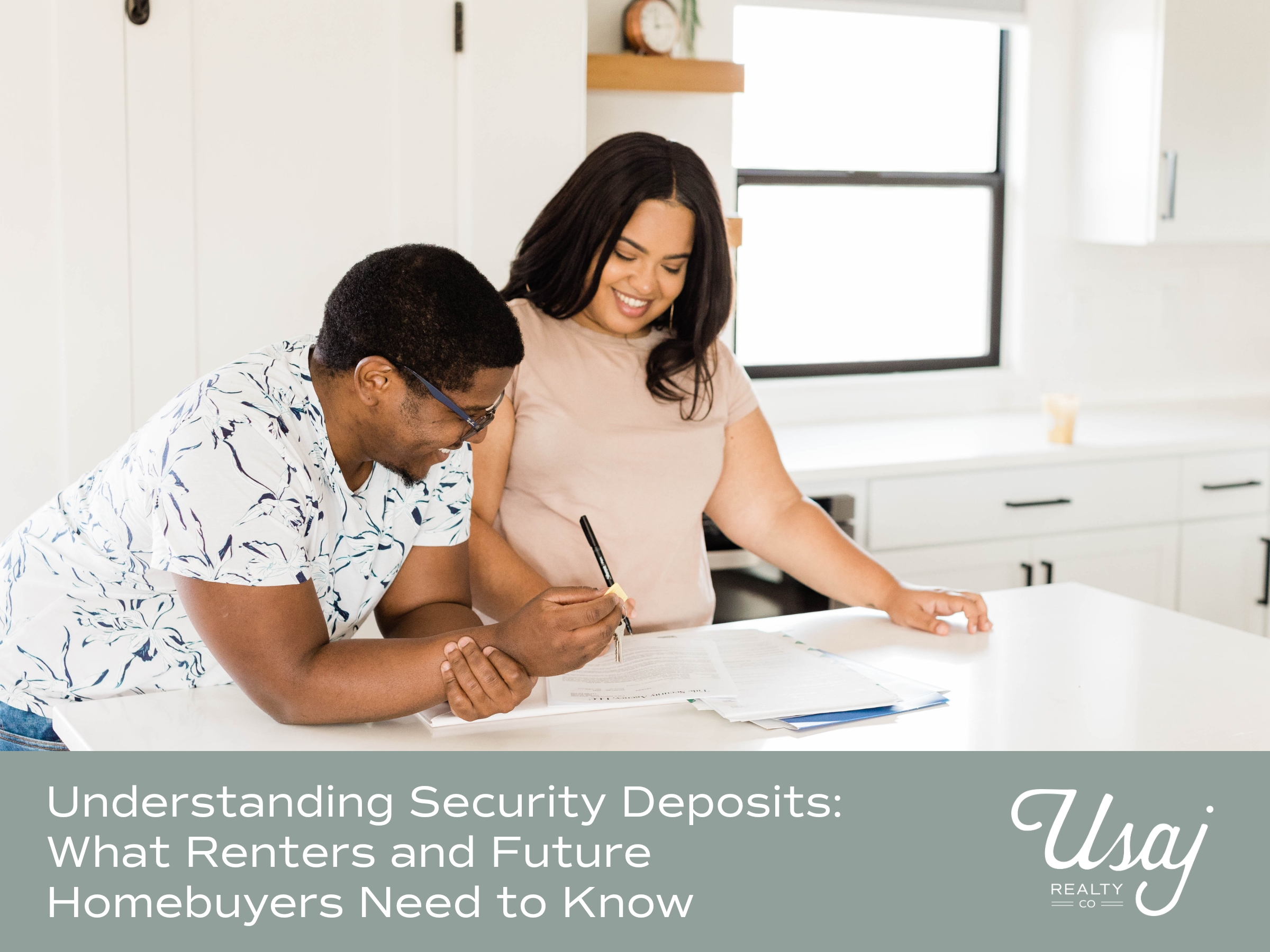What Buyers Can Expect in Denver’s Hot Real Estate Market
If you’re a home buyer looking for your dream home in the Denver area, strap on your armor and be prepared to have the right mindset.
With inventory at an all-time low and prices that seem to keep rising, it’s a challenging time to be purchasing a home. January data shows (another) record-setting month. And just when we thought inventory couldn’t get any lower, it dropped to 2,316 at the end of January, compared to 2,541 at the end of December. This is over 53 percent fewer homes for sale than this time last year.
Another indication that we are in for an incredibly active real estate season is that the number of pending homes (homes that had an offer accepted) jumped to 4,449 in January compared to December’s 3,028. Additionally, over 4,214 new homes hit the market in January compared to December’s 3,028.
The average close price of all homes (attached and detached) in January 2021 was $550,425 up 15.71 percent from January 2020. The average close price of single-family detached homes alone jumped an even higher 18.96 percent to a record-setting $629,159 (DMAR).
But, even as daunting as the outlook seems, it’s not impossible to find a home that fits your needs.

Jenny Usaj, employing broker of Usaj Realty, recently sat down with Nicole Rueth of the Rueth Team Fairway Independent Mortgage and offered her views on the current market and how homebuyers can accomplish their goals of homeownership in 2021.
Nicole: What are some of the hottest neighborhoods in the Denver area?
Jenny: Overall, Denver has experienced an 8.7 percent increase in home appreciation — it is absolutely phenomenal! Denver on the whole, with both attached and detached homes, has done very well in spite of everything going on with COVID-19.
Here are some of the zip codes that have seen the highest home appreciation values in 2020 in the Denver metro area:
80113 — 24.5%. Unbelievable! This is the Englewood and Cherry Hills Village neighborhoods. This figure illustrates an amazing growth in appreciation.
80121 — 23.5%. This region includes Greenwood Village and Littleton. These are two incredibly popular suburbs, also in the south Denver metro area.
80103 — 22.9%. This neighborhood includes the Byers and DIA areas. Denver continues to grow to the north and east, and this data supports the explosion of buyer interest in this area.
80019 — 20.6%. This zip code includes Denver and Aurora. There are many tract homes and new home communities driven by large national homebuilders.
80005 — 18.4%. Arvada encompasses this zip code, and this Denver suburb to the northwest remains high on the list of people wanting out of the city but close to all the downtown Denver amenities.
As you can see, these neighborhoods are outside of the popular core Denver neighborhoods and all have experienced great appreciation. The data shows where the population is growing and how quickly homes have gained value. It’s further proof that it’s really a great time to jump on that appreciation train as soon as you can to help increase your financial goals.
It’s also like to point out an honorable mention in Denver and that would be the Hilltop, Montclair, and Hale neighborhoods that comprise 80220. Those neighborhoods have seen home appreciation jump 17.9 percent. We’ve seen this area come alive with the retail development at 9th and Colorado. While it slowed down a bit during the pandemic, people are now getting out and enjoying all the great retailers and restaurants in the area. This is a tremendous area for people looking for something close to the downtown area.
Nicole: What do you suggest to buyers who are struggling to find a house in the neighborhood they want?
Jenny: Without question, it can be a struggle. One option you have, though, is to start searching by “days on market” and you’ll find homes that have been listed longer than usual. I like to try for homes that have been on the market for 10 days. This brings the benefit of actually being able to look at homes that may be priced a bit more than your target number, knowing you might be able to bring the price down. Most sellers in this market want to get under contract quickly and may be willing to negotiate if they haven’t had an offer after 10-12 days.
If you start getting frustrated that no homes are coming on the market that are in the neighborhoods you like, sometimes it’s a good idea to take a look back and see what’s currently on the market. Sometimes homes just get missed or the photos were not flattering. It might be worth taking another look and figuring out if a home is worth a second glance.
Also, condos are also a good option. You may have had your heart set on a single family home but a multifamily home might fit your needs. There’s a great amount of inventory in the condo and townhome market. Maybe you branch out and look at smaller townhome developments that have a yard or a condo with a terrace.
Nicole: How does a buyer determine what needs to be their “ideal” neighborhood?
Jenny: I like to start the discussion asking what are their priorities and ask why they are in the market. Maybe someone wants to jump on the appreciation train to build wealth, or maybe they want to move to an area for a better school district, or they have financial priorities or maybe they want to buy and turn it into a rental. It’s important to identify what the person is trying to accomplish with the real estate purchase. Buyers need to be clear on their priorities and that can help them back into the neighborhoods that check the boxes.
Nicole: What neighborhoods do you like for real estate investments?
Jenny: I love the investment conversation. In particular, I like to stay near economic centers that are strong and have steady employment. These neighborhoods tend to be very stable and in turn, show good home appreciation. Any areas that have universities or other higher education facilities, hospitals, government centers and military bases are good examples of larger employers that aren’t going anywhere. They will continue to have a strong job base and potential growth.
Aurora’s Anschutz Medical Campus and Buckley Air Force Base are two areas I really like. Over 110,000 people are employed between these two facilities. Neighborhoods in close proximity show steady appreciation and foot traffic.
Arvada and the Regis and Chaffee Park neighborhoods near Regis University are also some of my favorites. However, due to their popularity and being so close to the urban core of Denver, it’s been tough for investors to get a foothold in these areas.
There are certainly more areas that have huge potential, and I love finding the little pockets in town that make sense for investment purposes. The most important piece to leave you with is to jump into this market with two feet. It’s exciting times for Denver real estate and I think it will continue to stay strong for some time.
Watch the Nicole and Jenny’s conversation here:
If 2021 is the year you are planning to buy or sell a home, please do not hesitate to contact Usaj Realty. We are happy to help with all your real estate needs.




